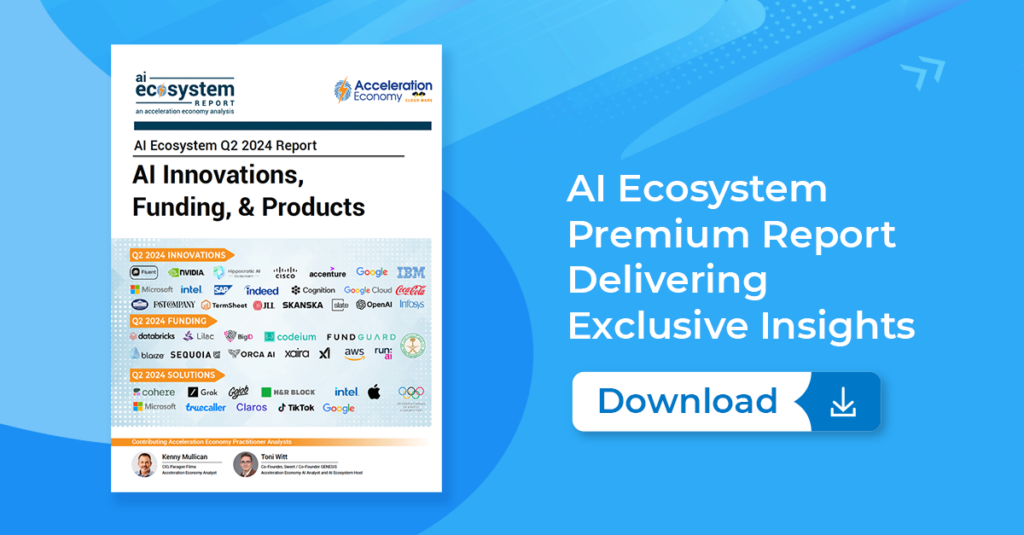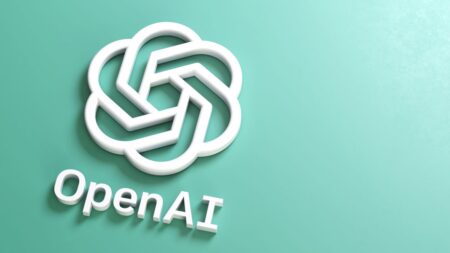
You’ve probably seen the “chatbots” provided by businesses for a few years now. They provide a way for customers to get answers quickly, even outside of business hours, or to get routed to the right person by first getting answers to a few questions. But they are sometimes frustrating and provide limited value compared to talking to a real person.
Currently, chatbots are evolving to provide a much higher level of service. Salesforce’s Einstein Service Agent is at the forefront of this evolution, offering unique advantages while presenting challenges that businesses must navigate for successful implementation.
Advantages of Einstein Service Agent
There are several aspects of Einstein that provide a compelling case for integrating it into your customer service:
- Seamless Integration with Salesforce: Unlike standalone AI tools, the Einstein Service Agent accesses comprehensive customer profiles, purchase histories, and past interactions to deliver personalized responses. Since the AI operates within established Salesforce workflows, businesses can deploy it quickly, minimizing the time and cost associated with implementation. It has been my experience that choosing technologies with built-in integration to the CRM or ERP platform you are on is a big advantage over one where you have to create that integration yourself as part of the project.
- Built on Salesforce’s Trust Layer: The AI ensures that customer data is handled securely and in compliance with relevant regulations. This protects sensitive information, building confidence among businesses and their customers and makng it easier to adopt.
- GenAI Capabilities: This AI can handle complex, multi-step tasks such as processing returns or refunds and delivering nuanced responses based on the customer’s specific needs for better customer experience.
- Scalability Across Salesforce Clouds: Einstein Service Agent can adapt to different business needs and evolve as those needs change. Whether a company expands its operations, introduces new services, or shifts its customer service strategy, the agent can be scaled and customized to meet those demands, ensuring long-term value and utility.
Ask Cloud Wars AI Agent about this analysis
Challenges in Implementing AI Agents
There are a number of challenges — which aren’t unique to Einstein Service Agent — that must be taken into consideration when implementing AI agents:
- Data Quality and Integration: The effectiveness of AI tools is heavily dependent on the quality of the data they access. If the data within Salesforce is incomplete, outdated, or poorly maintained, the AI’s responses may be inaccurate or less effective. To address this challenge, businesses must prioritize data quality by conducting regular audits and ensuring that all relevant customer information is captured and up-to-date.
- Change Management and Employee Training: Implementing AI in customer service can lead to resistance from employees who may fear job displacement or feel unprepared to work with new technology. To overcome this challenge, businesses should invest in change management strategies that include clear communication about the role of AI as a complement to, rather than a replacement for, human agents. Training programs should help employees understand how to work alongside AI tools, focusing on enhancing their skills in areas where human judgment and empathy are most needed. At the company where I am CIO, we are currently in the process of developing such training.
- Balancing in Customer Service: There is a risk that relying too heavily on AI could diminish the personal touch that is often crucial in customer service. AI should be used to handle specific types of inquiries that are straightforward and repetitive while more complex or sensitive issues should be escalated to human agents who can provide a personalized response.
Considerations for a Successful Deployment
Here are a few recommendations to consider before you deploy Salesforce Einstein or a similar agent:
- Customization and Flexibility: You may need to customize the AI to fit unique processes and customer service requirements. This could involve additional configuration or even custom development work to ensure that the AI aligns with the company’s goals and provides the desired level of service.
- Ethical and Bias Concerns: AI systems can inadvertently perpetuate biases present in the data they are trained on, leading to unfair or biased customer interactions. Businesses must actively work to identify and mitigate these biases, ensuring that their AI operates fairly and equitably across all customer interactions. This may involve regularly reviewing training data for potential biases, implementing safeguards to prevent biased outcomes, and maintaining a commitment to ethical AI practices.
- Customer Acceptance and User Experience: Some customers may be reluctant to interact with AI agents or may have negative perceptions of automated customer service. To improve customer acceptance, businesses should design AI interactions that are user-friendly and transparent and provide clear options for customers to escalate issues to a human agent if needed.
Conclusion
Implementing AI agents like Salesforce’s Einstein Service Agent offers significant potential to enhance customer service efficiency, personalization, and scalability. However, to fully realize these benefits, businesses must navigate the challenges of data quality, change management, and maintaining trust. By taking a thoughtful approach to AI deployment, companies can use AI to transform customer service operations while driving business growth.

The AI Ecosystem Q2 2024 Report compiles the innovations, funding, and products highlighted in AI Ecosystem Reports from the second quarter of 2024. Download now for perspectives on the companies, innovations, and solutions shaping the future of AI.











